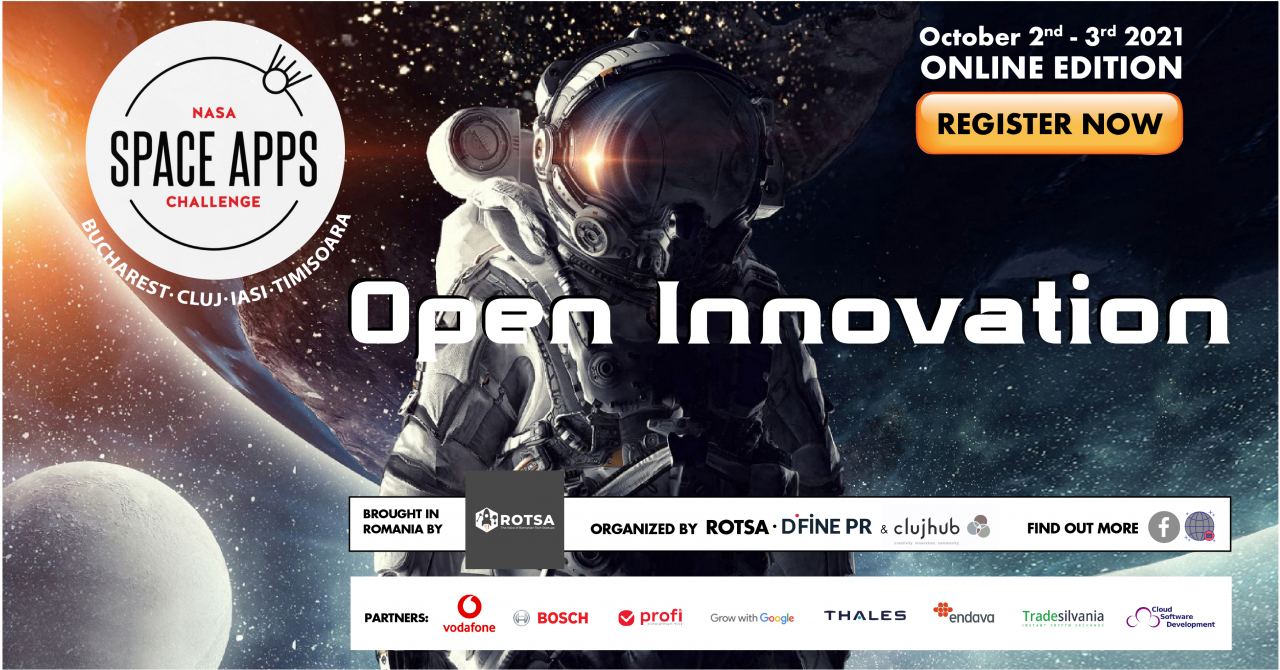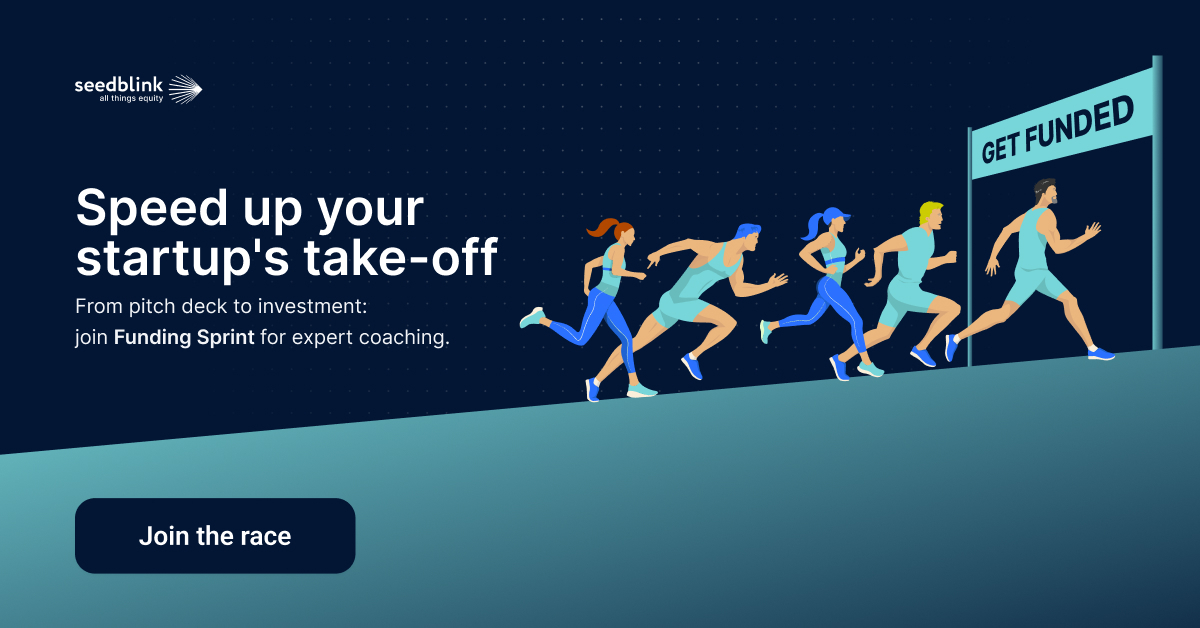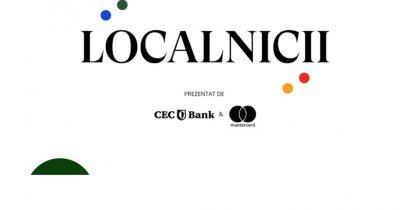The teams will have to solve one of the 28 proposed challenges in areas such as Artificial Intelligence / Machine Learning, Apps, Data Organization, Game, Hardware, Knowledge, Lunar Surface Operations, Risk, Science Applications, Space Travel.
Participants can create their own challenge, but it will not enter the final jury.
The two winning teams from each city will qualify for the global stage and enter the competition for the grand award: the chance to witness a space shuttle launch in 2022. In addition, NASA offers ten other awards. The winning teams will upload their solutions on Sunday, October 3, to the global platform for the next stage.
During the hackathon in Romania, the competitors will receive help and advice from dedicated mentorsand a team of experts from Romania will judge the projects. The teams will be assisted during the 48 hours of competition by representatives of Vodafone Romania, Bosch, Google, Thales, Profi, Endava, Tradesilvania and Cloud Software Development.
NASA Awards for the winners of the Space Apps Challenge
The winning teams from Romania will be evaluated together with the other winning projects globally by the experts of the space agency.
The ten global awards are: Best Use of Science, Best Use of Data, Best Use of Technology, Galactic Impact, Best Mission Concept, Most Inspirational, Best Storytelling Award (new), Global Connection Award (new), Art & Technology Award (new), Local Impact Award (new).
In 2020, Space Apps enjoyed internationally approximately 26,000 participants who created 2,303 projects. The full list of 2020 hackathon finalists can be accessed here. Last year, four teams from Romania qualified for the international judging stage of the competition.
The NASA Space Apps Challenge International Hackathon is an innovative NASA incubation program organized annually. The program gathers thousands of people worldwide who work with NASA's open data in a 48-hour sprint. Since its launch in 2012, NASA Space Apps Challenge has engaged over 150,000 people from over 150 countries and territories.
The Space Apps concept relies on collaboration, creativity and critical thinking, stimulates interest in science and space and Earth exploration, and encourages growth and diversity among the next generation of scientists, technologists, designers and engineers. Space Apps is managed by the Division of Earth Sciences, Science Mission Directorate, at NASA Headquarters in Washington, DC.
 Oana Coșman
Oana Coșman

















